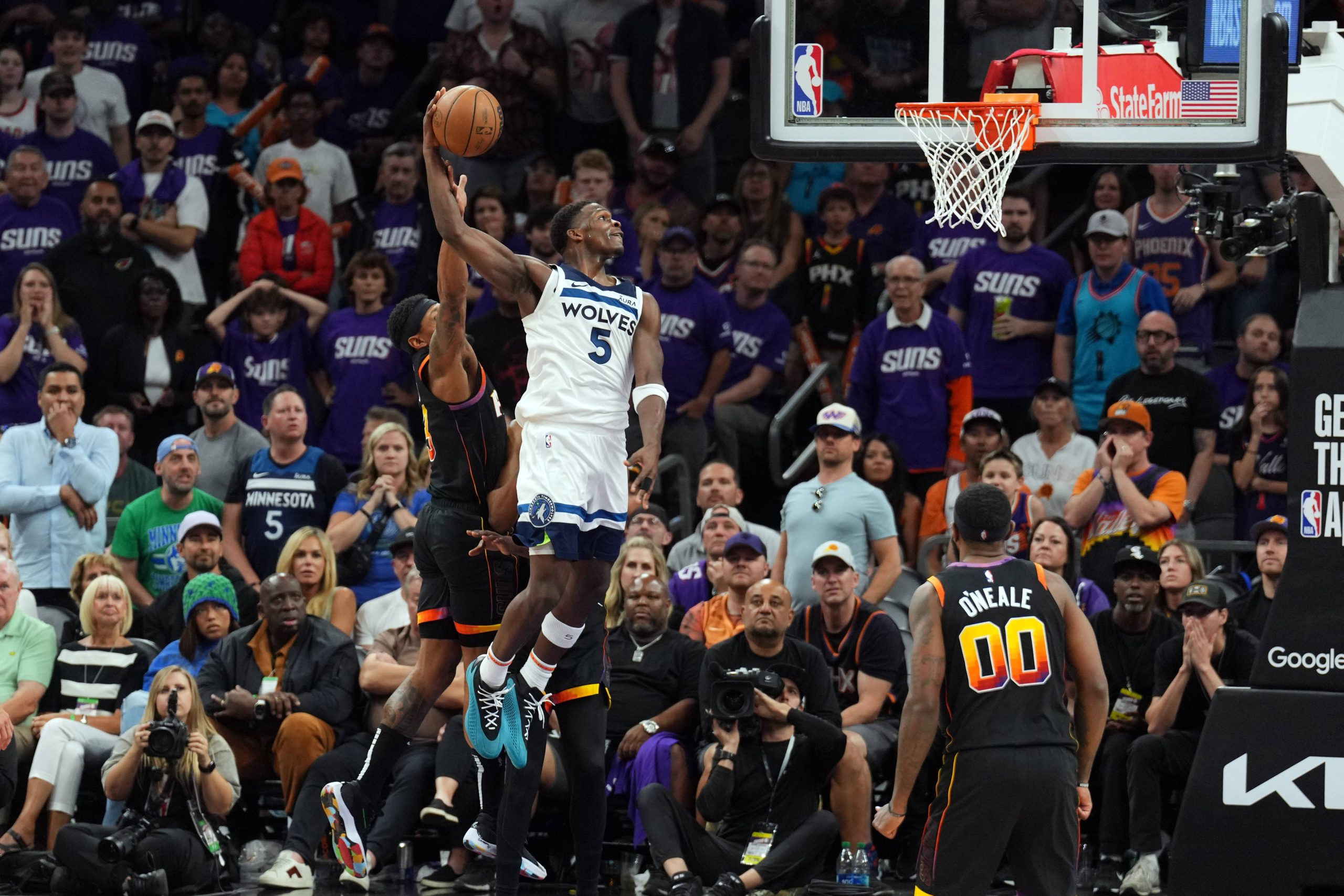One of the most interesting things about the current media climate is the speed at which huge changes are taking place. What once took years or decades now seemingly takes a matter of days or months. While it’s still holding on by a thread, the cable bundle is still in tact for a large percentage of American television consumers. And yet, while many folks are in the infancy of figuring out their lives after cutting the cord and adjusting to the streaming era, more seismic shifts are appearing on the horizon. It’s not just building the plane while trying to fly it, it’s doing so while hardly knowing what the plane even is.
The biggest overarching dilemma is the rapid unbundling and re-bundling that is facing consumers. While streaming was initially seen as a terrific value given massive content libraries and oversized cable bills, people are being asked to pay more for more platforms and services than ever before. That squeeze has led media companies to consider what a new streaming universe would look like working together and bundling popular services once again.
Enter the new planned streaming platform from ESPN, Fox, and Warner Bros. Discovery to combine all of their sports assets into one place. While that would be a great start for sports fans to get all of the content they desire, it obviously leaves out two main traditional players – Paramount (CBS) and Comcast (NBC). And in a fascinating deep dive from John Ourand at Puck, that divide between the two sides runs fairly deep. And it all stems from the vision that the competing companies have for the present and future of broadcast. On one side (ESPN+friends), the companies see streaming as a compliment to linear. On the other side (Paramount+Comcast), the companies see it more as one and the same.
Disney and Fox, after all, have pursued a strategy intended to keep the cable bundle as healthy as possible for as long as possible. Fox keeps all of its live sports on its broadcast and cable channels; virtually none of it gets streamed outside the bundle. Same with ESPN, which has a direct-to-consumer service in ESPN+ that carries little programming from ESPN’s linear TV channels. Comcast and Paramount, however, have taken the exact opposite approach—one that Disney and Fox executives, in particular, have consistently viewed as reckless. It’s not just that both companies multicast their sports on cable and streaming—including NFL games, such as top-rated Sunday Night Football on Peacock and NBC. These companies, particularly Comcast, also sell their services at cut-rate prices, which undermine a pay TV business that is already stressed.
It’s no coincidence that as soon as word of the ESPN+friends streaming platform became public, there were reports about Paramount and Comcast perhaps teaming up on their own bundled offering that would bring together Paramount+ and Peacock. The ESPN-Fox-WBD combo would have a ton to offer sports fans, but it would miss out on several key events including (and most obviously) the NFL, but also college football, college basketball, the PGA Tour, NASCAR, EPL soccer, the Olympics, and much more.
According to Ourand, the battle lines that are drawn could be a defining element of the next era of sports streaming.
When Spulu was first announced a couple of weeks ago, it seemed obvious that it eventually would include other companies like Comcast and Paramount. Now, I would bet that Comcast and Paramount will remain on the outside looking in, as long as those companies continue to simulcast sports on both their TV channels and streaming services. Spulu, after all, will never undercut Peacock or Paramount on price. Even today, Disney, Fox, and WBD want to preserve the cable bundle as long as they can. Although I can see a scenario where Spulu finds success by steering its subscribers to pick up Peacock and Paramount+ to fill in its programming holes with NFL, golf, and international soccer. That’s the same strategy that distributors have used during carriage fights with these programmers.
Naturally, it’s still so early and there are so many unanswered questions about how this would all work. Where would Amazon and Apple fit into an equation like this? Would the competing companies start bidding on sports rights together? Would their combined cost put pressure on other streaming platforms like YouTube TV? What about events like the NCAA Tournament whose rights are held by CBS and WBD – whose app would get which games? Who knows if any of this ever gets off the ground?
But if these trends continue and it becomes an ESPN-Fox-WBD vs Paramount-Comcast battle royal, it could become the sports media equivalent of the Avengers’ Civil War.
[Puck]






